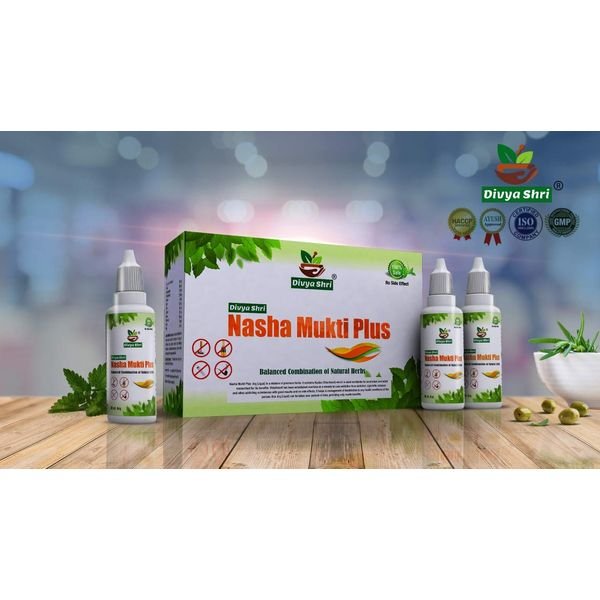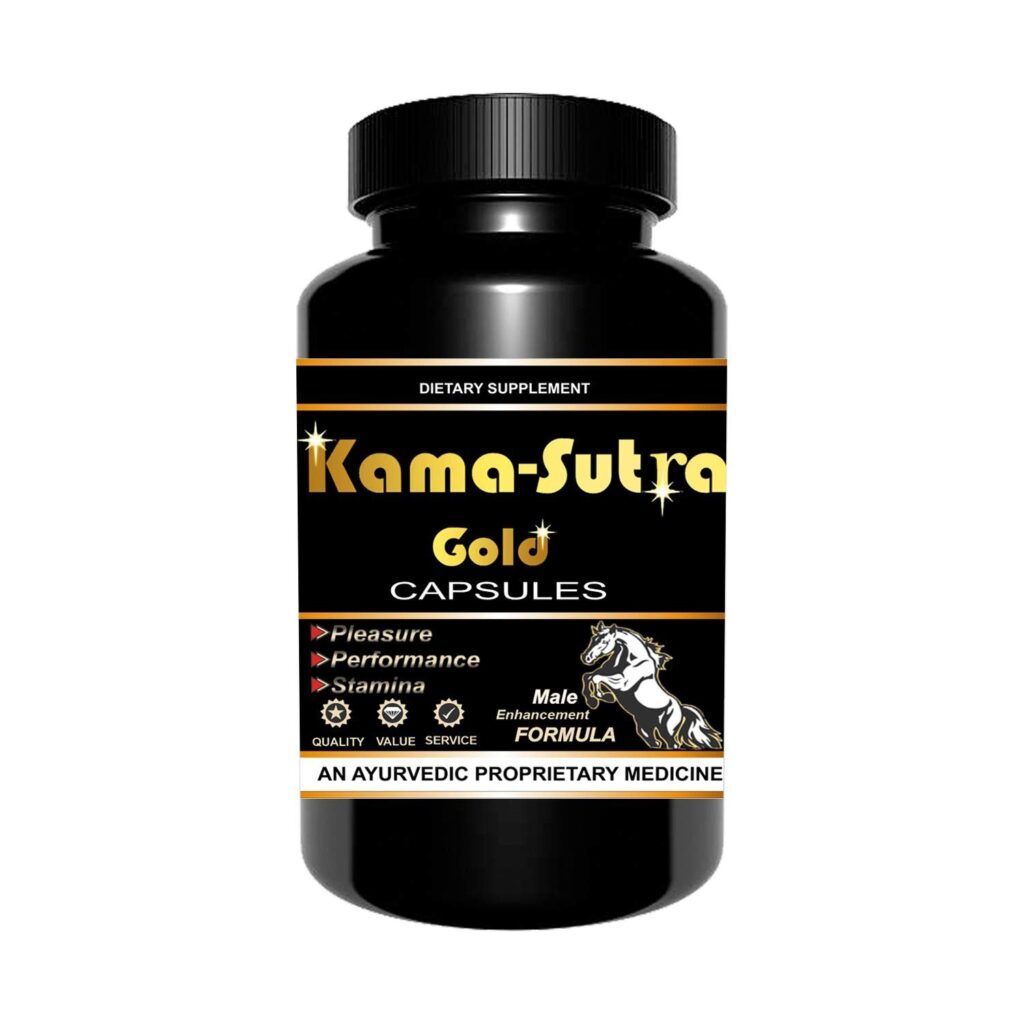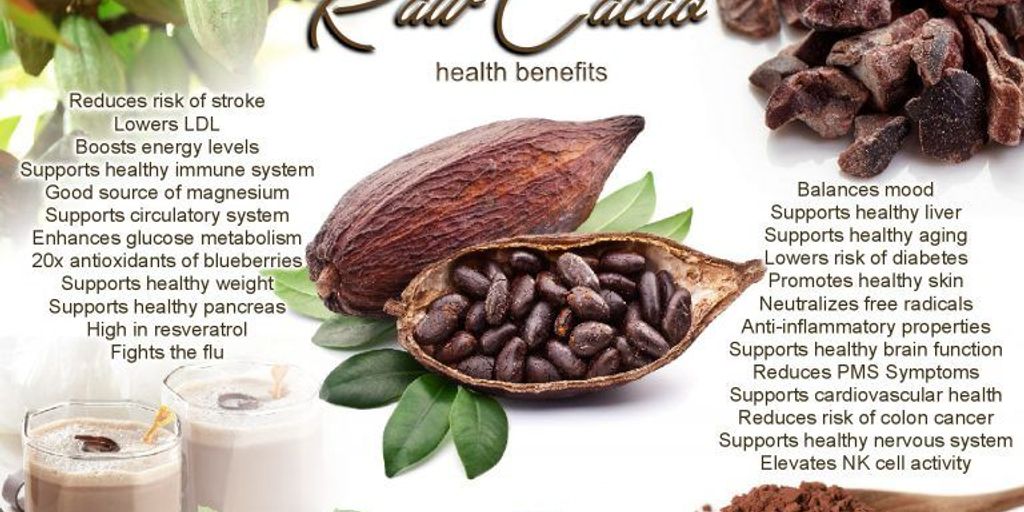Jaundice is a condition characterized by yellowing of the skin and eyes, often caused by liver problems. In this article, we will explore the Ayurvedic approach to treating jaundice, focusing on holistic principles and natural remedies.
Key Takeaways
- Ayurveda emphasizes the balance of doshas (Vata, Pitta, and Kapha) for overall health and well-being.
- Dietary modifications and lifestyle changes play a crucial role in Ayurvedic treatment for jaundice.
- Panchakarma therapy, including detoxification and purification techniques, is an integral part of Ayurvedic treatment for jaundice.
- Yoga and meditation can help alleviate stress and improve liver function in individuals with jaundice.
- Integration of Ayurvedic treatment with modern medicine can provide comprehensive care for individuals with jaundice.
Understanding Jaundice
Causes of Jaundice
Jaundice is caused by an excess of bilirubin in the blood, which can be due to various factors such as liver disease, hemolytic anemia, or obstruction of the bile duct. Infections, toxins, and genetic conditions can also contribute to the development of jaundice. It is important to note that jaundice is a symptom of an underlying condition and not a disease in itself.
| Factors | Description |
|---|---|
| Liver Disease | Hepatitis, Cirrhosis, Liver Cancer |
| Hemolytic Anemia | Breakdown of Red Blood Cells |
| Bile Duct | Gallstones, Tumors, Inflammation |
Early detection and management of these causes are crucial in preventing complications and promoting recovery.
Symptoms of Jaundice
Jaundice can manifest in various ways, including yellowing of the skin and eyes, dark urine, and pale stools. Other symptoms may include fatigue, nausea, and abdominal pain. It is important to monitor these symptoms and seek medical attention if they persist. Here’s a table summarizing the symptoms:
| Symptom | Description |
|---|---|
| Yellowing | Yellow discoloration of skin and eyes |
| Dark Urine | Urine appears dark in color |
| Pale Stools | Stools are light or clay-colored |
Diagnosis of Jaundice
Jaundice is typically diagnosed through a combination of physical examination, blood tests, and imaging studies. The bilirubin levels in the blood are a key indicator of jaundice. Additionally, liver function tests and abdominal ultrasound may be performed to determine the underlying cause. It is important to consult a healthcare professional for accurate diagnosis and appropriate treatment.
| Diagnostic Method | Description |
|---|---|
| Blood Tests | Measure bilirubin levels and liver function. |
| Imaging Studies | Includes abdominal ultrasound to assess liver and gallbladder. |
- Early diagnosis is crucial for effective treatment.
Timely diagnosis enables prompt intervention and management of jaundice symptoms.
Ayurvedic Perspective on Jaundice
Concept of Jaundice in Ayurveda
In Ayurveda, the concept of jaundice is understood as a manifestation of
imbalance in the Pitta dosha. According to Ayurvedic principles, jaundice
occurs when the Agni (digestive fire) in the liver is impaired, leading to a
buildup of toxins. The treatment approach in Ayurveda focuses on restoring
the balance of Pitta dosha and rejuvenating the liver.
| Ayurvedic Principle | Description |
|---|---|
| Pitta Pacifying Diet | Emphasizes cooling and hydrating foods |
| Herbal Remedies | Utilize herbs with liver-protective properties |
| Detoxification Therapies | Panchakarma treatments to cleanse the liver |
The holistic approach of Ayurvedic treatment for jaundice aims to address the
root cause of the condition and promote overall well-being.
Ayurvedic Treatment Principles
Ayurvedic treatment for jaundice is based on the principles of balancing the body’s doshas, promoting liver function, and enhancing overall well-being. The treatment involves a combination of herbal remedies, dietary modifications, and lifestyle adjustments. Additionally, Ayurvedic practitioners emphasize the importance of detoxification through Panchakarma therapy. This approach aims to restore the body’s natural equilibrium and support the healing process. A typical Ayurvedic treatment plan for jaundice may include a combination of herbs such as Turmeric, Aloe Vera, and Kutki. The table below highlights some common Ayurvedic herbs used in jaundice treatment:
| Herb Name | Benefits |
|---|---|
| Turmeric | Liver support, anti-inflammatory properties |
| Aloe Vera | Detoxification, immune system support |
| Kutki | Liver protection, anti-inflammatory effects |
Ayurveda’s holistic approach to treatment emphasizes the importance of individualized care and addresses the underlying imbalances that contribute to jaundice. This comprehensive approach includes dietary and lifestyle recommendations, yoga, meditation, and the use of specific herbs to support liver function and overall health.
Ayurvedic Herbs for Jaundice
In Ayurveda, herbal remedies play a significant role in the treatment of jaundice. These natural herbs are known for their hepatoprotective and detoxifying properties, which help in restoring liver function and reducing bilirubin levels. Some commonly used herbs for jaundice include:
| Herb Name | Benefits |
|---|---|
| Kutki | Supports liver function and detoxification |
| Bhumyamalaki | Protects liver cells and promotes liver health |
| Guduchi | Enhances liver function and boosts immunity |
Ayurvedic herbs are carefully selected based on the individual’s prakriti (constitution) and the underlying dosha imbalance. It is important to consult a qualified Ayurvedic practitioner for personalized herbal recommendations.
Holistic Approach to Ayurvedic Treatment
Diet and Lifestyle Recommendations
Following an Ayurvedic diet and lifestyle is crucial in the treatment of jaundice. This includes consuming foods that are easy to digest and avoiding spicy and oily foods. Additionally, incorporating medicinal herbs such as turmeric and neem can be beneficial. A well-planned diet combined with daily exercise and stress-reducing activities can aid in the holistic management of jaundice.
| Foods to Include | Foods to Avoid |
|---|---|
| Fresh fruits and vegetables | Spicy and oily foods |
| Whole grains and legumes | Processed and packaged foods |
| Herbal teas and detoxifying drinks | Alcohol and caffeine |
It is important to consult with an experienced Ayurvedic practitioner to create a personalized diet and lifestyle plan suited to individual needs.
Yoga and Meditation for Jaundice
Yoga and meditation play a crucial role in the holistic treatment of jaundice. Practicing yoga asanas and meditation can help reduce stress, improve liver function, and promote overall well-being. It is important to incorporate breathing exercises and mindfulness techniques into the daily routine to support the body’s natural healing process. Additionally, a balanced and nutritious diet, along with the use of Ayurvedic herbs, complements the practice of yoga and meditation. The combination of these holistic approaches can significantly aid in the recovery from jaundice.
| Holistic Approaches |
|---|
| Yoga and Meditation |
| Balanced Diet |
| Ayurvedic Herbs |
The integration of yoga, meditation, and dietary changes creates a synergistic effect, addressing the physical, mental, and emotional aspects of healing.
Panchakarma Therapy
Panchakarma Therapy
Panchakarma therapy is a crucial component of Ayurvedic treatment for jaundice. It involves a series of purification and detoxification procedures to eliminate toxins from the body. The therapy aims to balance the doshas and restore the body’s natural equilibrium. Here’s a table outlining the key procedures involved in Panchakarma therapy:
| Procedure | Description |
|---|---|
| Vamana (Emesis) | Induced vomiting to expel toxins and clear the upper respiratory and digestive tracts. |
| Virechana | Purgation therapy to eliminate excess bile and toxins from the liver and gallbladder. |
| Basti | Medicated enema to cleanse the colon and remove accumulated toxins and waste materials. |
| Nasya | Nasal administration of medicated oils to purify and clear the head and neck region. |
| Raktamokshana | Bloodletting therapy to remove impurities from the blood and improve circulation. |
Panchakarma therapy is complemented by dietary modifications, yoga, and meditation to support the body’s healing process.
Conclusion
Efficacy of Ayurvedic Treatment
Ayurvedic treatment for jaundice has shown promising results in improving liver function and reducing bilirubin levels. Clinical studies have demonstrated the effectiveness of Ayurvedic herbs in managing jaundice. Additionally, the holistic approach of Ayurveda, which emphasizes dietary and lifestyle modifications, has been beneficial in preventing recurrence of jaundice. A comparison of Ayurvedic treatment with modern medicine reveals the potential for integrative therapy to provide comprehensive care for jaundice patients. Furthermore, ongoing research and development in Ayurveda offers exciting prospects for enhancing the treatment of jaundice.
Integration with Modern Medicine
In the integration of Ayurvedic treatment with modern medicine, it is essential to recognize the complementary nature of these approaches. While modern medicine focuses on symptomatic relief and management, Ayurveda offers a holistic perspective, addressing the root cause of the condition. This integration allows for a more comprehensive and personalized approach to patient care, combining the strengths of both systems.
| Approach | Benefits |
|---|---|
| Ayurveda | Holistic treatment, personalized care |
| Modern | Symptomatic relief, advanced diagnostics |
- Ayurvedic treatment complements modern medicine by providing a holistic approach that emphasizes personalized care and addressing the root cause of the condition.
The integration of these two systems creates a synergistic effect, enhancing the overall efficacy of treatment.
Future Research and Development
In the future, further research and development in the field of Ayurvedic treatment for Jaundice is essential. This will involve conducting clinical trials to evaluate the efficacy of Ayurvedic therapies, exploring the integration of Ayurvedic and modern medical approaches, and identifying potential innovations in treatment methods. A collaborative approach between Ayurvedic practitioners and modern healthcare professionals is crucial for advancing the understanding and application of Ayurveda in the context of Jaundice.
| Research Focus | Action Items |
|---|---|
| Clinical Trials | Evaluate Efficacy |
| Integration | Collaborate with Modern Medicine |
| Innovations | Identify New Treatment Methods |
Frequently Asked Questions
What is jaundice?
Jaundice is a condition characterized by yellowing of the skin and eyes, caused by the buildup of bilirubin in the body.
What are the common causes of jaundice?
Common causes of jaundice include liver diseases, hepatitis, bile duct obstruction, and hemolytic anemia.
How is jaundice diagnosed?
Jaundice is diagnosed through a physical examination, blood tests, liver function tests, and imaging studies such as ultrasound or MRI.
What is the Ayurvedic perspective on jaundice?
Ayurveda views jaundice as a result of imbalance in the pitta dosha and recommends holistic treatment to restore balance in the body.
What are the key principles of Ayurvedic treatment for jaundice?
Ayurvedic treatment for jaundice focuses on detoxification, dietary modifications, herbal remedies, and lifestyle changes to promote healing.
Are there specific herbs recommended in Ayurveda for jaundice?
Yes, Ayurveda recommends herbs such as Kutki, Bhumiamalaki, and Triphala for their liver-protective and detoxifying properties.











